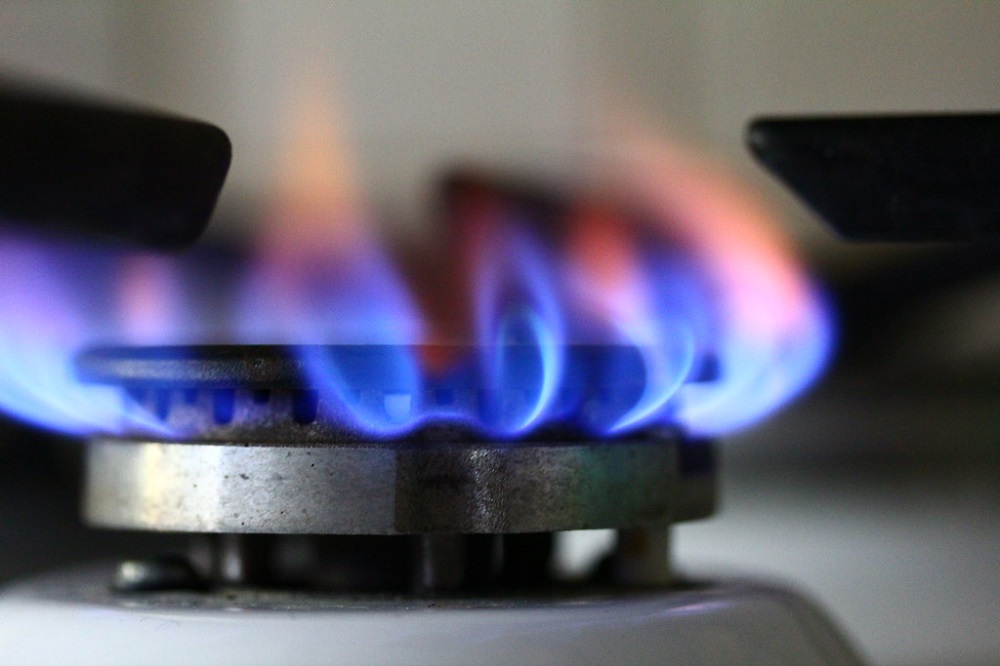Energy price cap ‘set to rise in January’ dealing blow to hopes of a cut

Household hopes for energy bills to edge lower in January look set to be dashed as the latest prediction shows a rise at the start of next year.
Energy consultancy Cornwall Insight said it expects Ofgem to reveal on Friday that the typical household’s energy bill will rise by 1%, or £19, to £1,736 from £1,717 on January 1.
Cornwall Insight had previously predicted a 1% fall to £1,697, but said this was now no longer the case, coming as a blow after prices rose by 10% in October.
Millions of pensioners are also facing a winter with less support, after the new Government decided to scrap winter fuel payments for those who do not receive pension credits or other benefits.
About 10 million pensioners will miss out on the payments of up to £300 this year.
Hopes dashed
Cornwall Insight said: “Given the price cap rise in October, many will have been hoping to see a fall in the cap for January.
“Unfortunately, forecasts show that prices will be staying relatively high for the remainder of winter.”
But prices are still expected to fall slightly in both the second and fourth quarters of next year, according to Cornwall Insight.
Ofgem changes the price cap for households every three months, largely based on the cost of energy on wholesale markets, with the regulator confirming the level for the first quarter of next year on November 22.
The energy price cap was introduced by the Government in January 2019 and sets a maximum price that energy suppliers can charge consumers in England, Scotland and Wales for each kilowatt hour (kWh) of energy they use.
It does not limit total bills, because householders still pay for the amount of energy they consume.
While the cap is significantly lower than at the peak of the energy crisis, which was fuelled by Russia’s invasion of Ukraine in February 2022, prices are still “very sensitive to global events” and supply concerns tied to geopolitical tensions, Cornwall Insight said.
Volatility
Craig Lowrey, principal consultant at Cornwall Insight, said: “Supply concerns have kept the market as volatile as earlier in the year and additional charges have remained relatively stable, so prices have stayed flat.
“While we may have seen this coming, the news that prices will not drop from the rises in the autumn will still be disappointing to many as we move into the colder months.”
He called for the Government to help protect the vulnerable and tackle energy supply for the long-term.
Mr Lowry said: “With it being widely accepted that high prices are here to stay, we need to see action.
“Options like social tariffs, adjustments to price caps, benefit restructuring or other targeted support for vulnerable households must be seriously considered.”
He added: “The Government needs to keep momentum on the transition while acknowledging that immediate support is essential for those struggling now.
“Inaction is a choice to leave people in the cold.”
Ofgem is also currently considering the future of price protection, including the suitability of the price cap and a potential permanent ban on so-called acquisition tariffs – cheaper prices for new customers to lure them away from their existing supplier.
Support our Nation today
For the price of a cup of coffee a month you can help us create an independent, not-for-profit, national news service for the people of Wales, by the people of Wales.






Just a thought, but wouldn’t a cap on Energy company profits (generators and distributors) of say, 3% of surplus, with the rest being taxed at 100% make a lot of sense?
Capping profits means they’ll just get a lot more crafty about shifting revenues offshore via intercompany charges and all sorts of scams about which governments seem utterly relaxed. That would dilute declared profits so reducing the return to the public purse.
Enjoying that cheap, plentiful green energy yet?
The silence is deafening. Collusion between governments and big business means that the poor and the old may die of cold or hunger while energy giants make obscene profits and governments get a VAT and corporation tax skim ( unless the wideboys contrive to shift some profits offshore) The axis of evil is doing well in the energy sector.